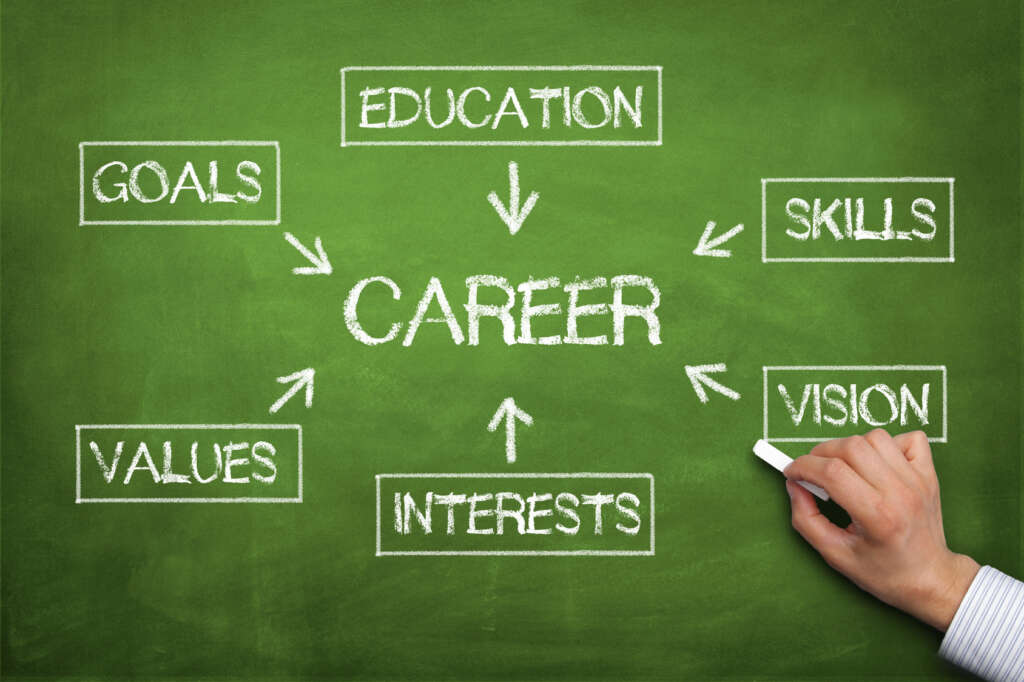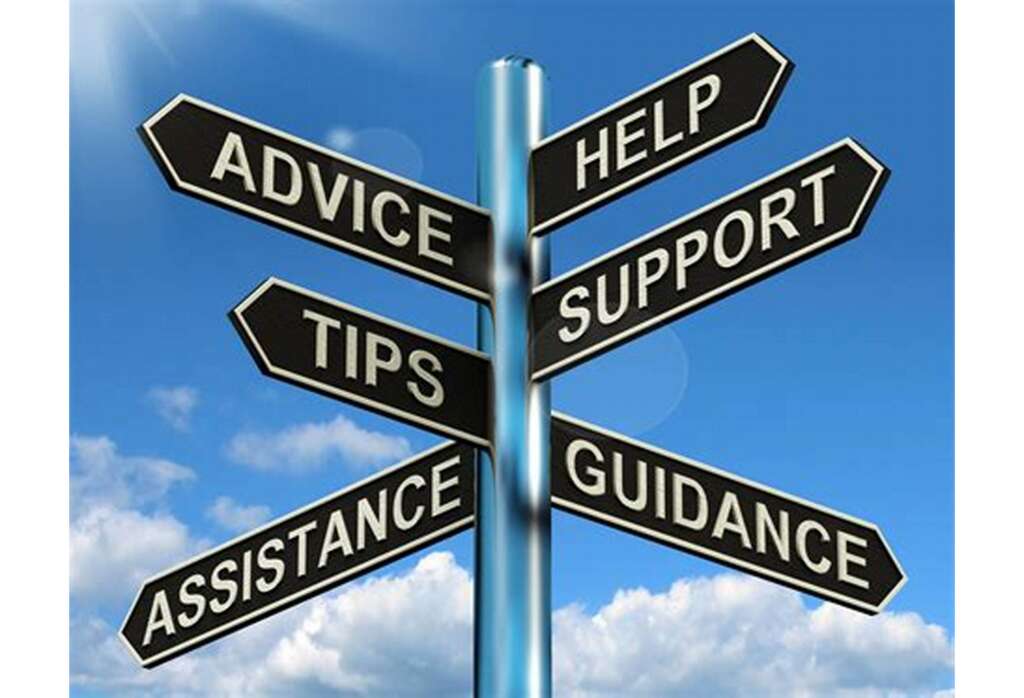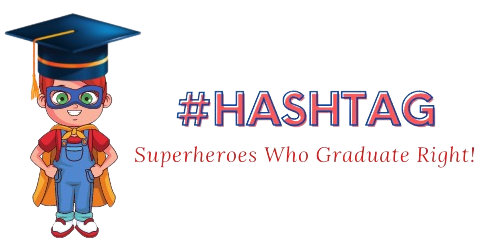Post-High School Career Counseling: Things to know
Career counseling is an invaluable resource. Embarking on the journey of choosing a career path after completing high school can be both exciting and overwhelming. The decision you make at this juncture lays the foundation for your professional life. To make an informed choice that aligns with your skills, interests, and goals, post-high school career counseling becomes an invaluable resource.
The Importance of Career Counseling After 12th
As you stand at the crossroads of your academic life, it’s crucial to recognize the significance of seeking professional guidance through career counseling. This service provides expert insights into the world of various career options, helping you make an informed decision about your future.

Exploring Various Career Paths
Traditional College Degrees
Pursuing a traditional college degree remains a popular choice among high school graduates. This path offers a well-rounded education and prepares students for a wide range of professions. Fields such as medicine, engineering, humanities, and the social sciences open up through this route.
Vocational and Trade Schools
Vocational and trade schools offer specialized training in specific fields such as mechanics, culinary arts, and cosmetology. These institutions focus on hands-on learning and provide a direct pathway to a particular profession, often in a shorter time frame compared to traditional colleges.
Online and Skill-Based Courses
In the digital age, online education and skill-based courses have gained prominence. Platforms offer a plethora of courses, from digital marketing to coding, allowing you to acquire specific skills relevant to today’s job market.

How Career Counseling Can Help You
Career counseling acts as a compass, guiding you through the intricate process of career selection. Professionals in this field assess your strengths, weaknesses, interests, and goals, and then provide personalized advice. They offer insights into emerging industries, job trends, and the skills required to succeed in your chosen field.
The Role of Aptitude and Interest Tests
Aptitude and interest tests are integral parts of the career counseling process. These tests scientifically evaluate your natural abilities and preferences. The results serve as a foundation for career suggestions, helping you make a decision based on your innate talents and passions.
Navigating Gap Years
Taking a gap year can be a rewarding choice for personal growth, travel, or skill development. Career counseling aids in planning productive gap years that align with future career goals.
Financial Planning for Education
Education costs can be substantial. Career counselors offer guidance on financial planning, scholarships, loans, and part-time work options to alleviate the financial burden of pursuing higher education.
The Role of Skill Development
In the ever-evolving job market, skills play a crucial role. Career counselors highlight the importance of continuous learning and recommend skill development courses to stay competitive.

The Role of Well Crafted Resume
A well-crafted resume can open doors to opportunities. Career counselors assist in creating resumes that effectively showcase academic achievements, skills, and extracurricular activities.
The Role of Internships
Internships provide invaluable real-world experience. Career counselors emphasize the significance of internships, helping students find and apply for positions that align with their career interests.
Networking and Personal Branding
In today’s connected world, networking is key. Career counselors guide students on building professional networks and creating a personal brand that resonates with potential employers.
Overcoming Career-Related Stress
Decisions about the future can be overwhelming. Career counselors offer strategies to manage stress and anxiety, ensuring that students approach their choices with a clear mind.

FAQs About Post-High School Career Counseling
1. Why is career counseling important for students after the 12th grade?
Career counseling provides clarity and direction, helping students make informed decisions about their future educational and professional endeavors.
2. How can career counseling assist in finding the right career path?
Career counseling assesses your skills, interests, and aspirations, and provides expert guidance on suitable career options, increasing the likelihood of a fulfilling career.
3. What are aptitude tests, and how do they influence career decisions?
Aptitude tests evaluate your inherent strengths and weaknesses, assisting career counselors in recommending paths that align with your abilities, enhancing your chances of success.
4. Is vocational training a better option than a traditional college degree?
The choice between vocational training and a traditional degree depends on your goals and preferences. Vocational training offers targeted skills for specific professions, while a college degree provides a broader education.
5. Can it help in changing career paths later in life?
Yes, career counseling isn’t limited to high school graduates. It can provide guidance for career transitions and help you navigate new paths effectively.
Conclusion
Choosing the right career path after high school is a significant decision that can shape your future. Post-high school career counseling serves as a beacon of guidance, illuminating the various avenues available and helping you make an informed choice.
Through professional advice, aptitude tests, and exploration of different paths, career counseling empowers you to embark on a journey that aligns with your strengths, interests, and aspirations. Remember, your career is a journey, and career counseling is your trusted companion on this exciting adventure.









